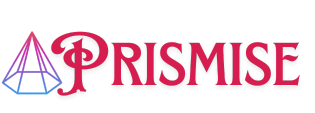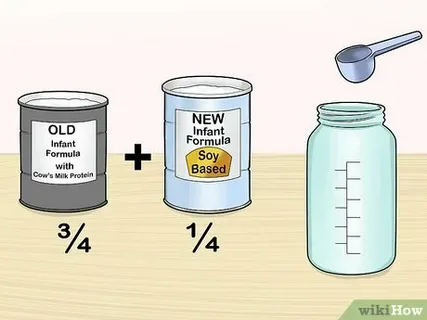Infant formula is a critical nutritional product for babies who are not breastfed, and the quality and composition of formula can vary significantly from country to country. What makes infant formula in NZ different from other countries? New Zealand, a country known for its clean environment and strong agricultural industry, has developed a reputation for producing high-quality infant formula. This article explores the unique factors that set New Zealand’s infant formula apart on the global stage.
Strict Regulations and Quality Standards
One of the main reasons infant formula in NZ differs from other countries is due to its stringent regulatory environment. The New Zealand Ministry for Primary Industries (MPI) enforces rigorous food safety standards for dairy and infant formula production. All formulas must meet the Codex Alimentarius requirements, which are international food standards developed by the Food and Agriculture Organization (FAO) and the World Health Organization (WHO).
Moreover, infant formula manufacturers in New Zealand must pass frequent audits and comply with traceability systems to ensure transparency and accountability. These high standards help ensure that every batch of formula is safe and consistent in quality.
Premium Dairy Sourcing
New Zealand’s climate and pasture-based farming system produce some of the world’s highest-quality milk. This gives local infant formula manufacturers access to premium raw materials. Cows in New Zealand are predominantly grass-fed, which contributes to more natural and nutrient-rich milk.
This dairy excellence is a key factor in what makes infant formula in NZ different from other countries. Many countries rely on grain-fed or intensive farming methods, which may not produce the same quality of milk used as a base for infant formulas.
Clean, Green Image and Sustainable Practices
New Zealand promotes a “clean and green” image, which extends to its infant formula industry. Manufacturers often employ environmentally friendly practices, including sustainable packaging and low-emission production processes. These eco-conscious efforts are not only beneficial to the environment but also appeal to health-conscious parents looking for trustworthy, ethically made products.
Innovation and Scientific Research
Another major point in understanding what makes infant formula in NZ different from other countries is the country’s investment in science and innovation. New Zealand companies often collaborate with research institutes and universities to continually improve formula composition. Many formulas are enriched with probiotics, prebiotics, and other bioactive ingredients aimed at mimicking the nutritional profile of breast milk as closely as possible.
Conclusion
So, what makes infant formula NZ different from other countries? It’s a combination of world-class dairy, strict regulatory oversight, environmental consciousness, and cutting-edge research. Parents around the world are recognizing New Zealand-made infant formula as a premium choice that offers both safety and nutritional excellence for their babies.



